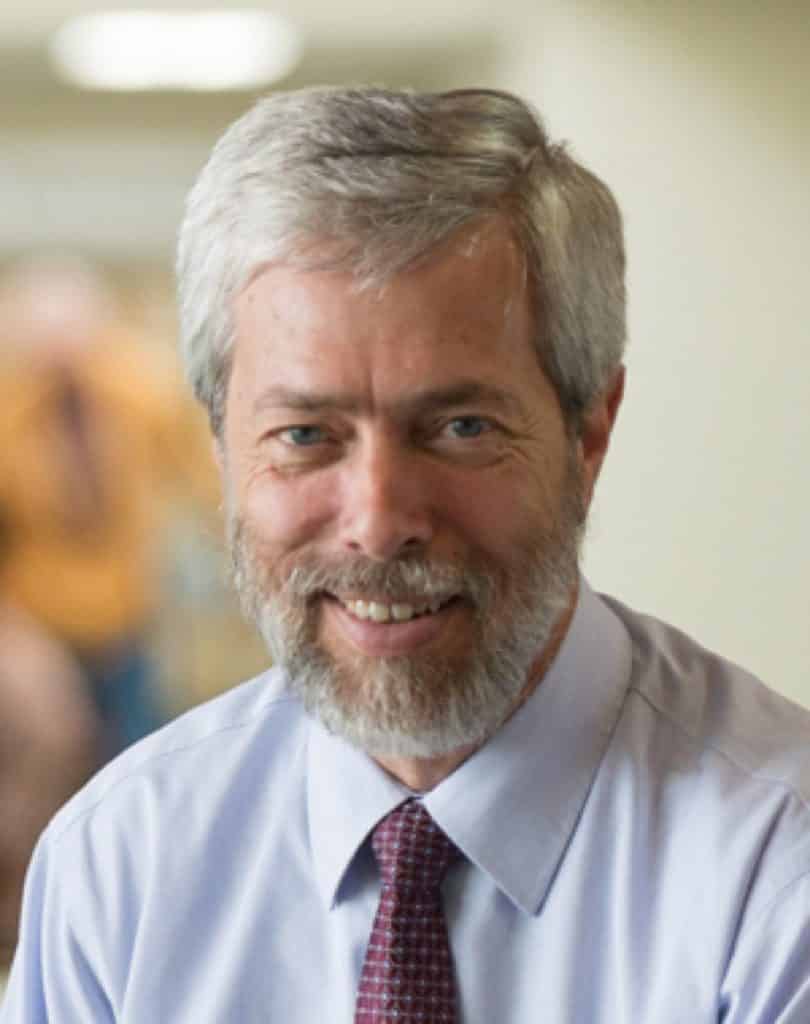January 28, 2019

Growing up in Latin America, I was part of a Christian community that was decidedly and firmly “Evangelical”, which meant and was defined as: not Catholic; not Pentecostal.
Our pastor was not ambivalent on this score; he was firm in his denunciations of both. On any given Sunday we could count on him to point in one direction toward the Catholic cathedral, or point in the other direction toward the “Pentecostal Temple,” and remind us of the error of their ways. We would be curious as to who it would be this Sunday . . . would he point to his right or to his left this time around? And we would joke as young people that on special Sundays he would denounce both!
When it came to other church groups, what emerged from this whole way of thinking is that we defined ourselves as over against the “errors” of the other. Thus anything that even seemly remotely Catholic was to be avoided and eschewed. A few examples: No candles! Nothing at all that seemed to indicate any possibility that the sacraments might be a means of grace. Nothing by way of visuals or paintings on the walls. I could go on; we had quite the list.
And it was not just the Catholics. My father was at one point censored for merely attending a wedding at a Lutheran church because the Lutherans had not sufficiently rejected the “superstitious sacramentality” of Rome. And in terms of the Pentecostals, we assiduously avoided anything that might indicate that the Holy Spirit was active and present – in any kind of immediate way. The Holy Spirit had inspired the Bible, centuries ago, and now the Spirit was at most present to help us understand the Bible. I am almost inclined to say that in my tribe, we worshiped the Triune God of Father, Son and Holy Scripture(!).
This might all seem rather quaint now, but recently I heard of an Evangelical church that was losing members who said that their church was becoming “too Catholic” because they were exploring the possibility of celebrating at the Lord’s Table more frequently. When I heard this I was stunned by what seemed the continued proclivity to assume that the way we are and have always been is all we ever need to be or do. Are we still doing this – defining ourselves over against the other?
Is it not an urgent need of our day that we be asking: What can we learn from the other? Where and in what ways might there be wisdom that has been “housed” within another church tradition or spiritual heritage that might be wisdom for our day and that could, indeed, be invaluable for us?
My suggestion is that we ask this question with respect to three essential elements of what it means to be the church. This is not the only way to think of the church, but it is one way in which we can foster our shared learning from another: to think of the church through three distinct lenses — liturgical, catechetical, and missional.
We are a worshipping community: to be the church is to be the gathered people of God who bring unbounded praise and adoration to the Triune God.
We are a catechetical community: to be the church is to be a teaching-learning community, where we engage the ancient faith and the witness of the Scriptures so that we know the renewing of our minds.
We are a missional community: to be the church is to be engaged in the purposes of God in the world, acting in word and deed as we, in the name of Jesus, bring light and life to our cities, our countries and, indeed, our world.
And on each of these I wonder: where and in what ways can we acknowledge that we do not have all the wisdom we need? May we ask how we can learn from those within other Christian traditions who might bring a different perspective that would challenge our assumptions, stretch our vision of what it means to be the church, and actually encourage and equip us to more faithfully be the people of God?
We do not need to fear the other or, of course, denounce the other. We can come to our Christian sisters and brothers from the disposition of an open heart and mind, assuming that we actually need to learn together and learn from one another if we are going to be faithful to the call of God to be the church in our time – as communities of worship, learning, and mission.
Rev. Gordon T. Smith, Ph.D., is president and professor of systematic and spiritual theology at Ambrose University in Calgary, Alberta.

